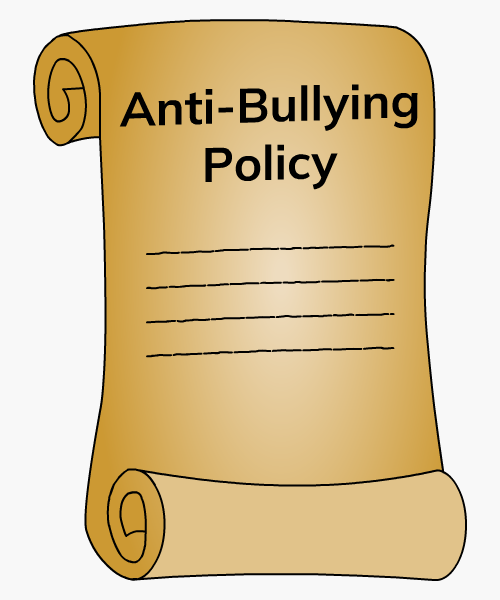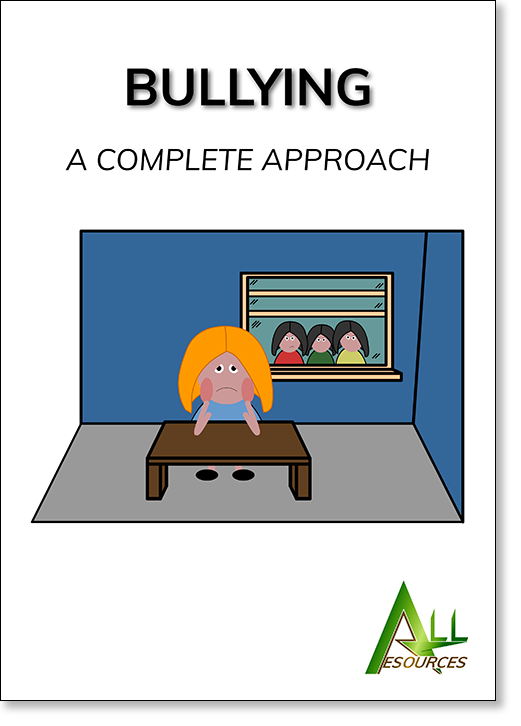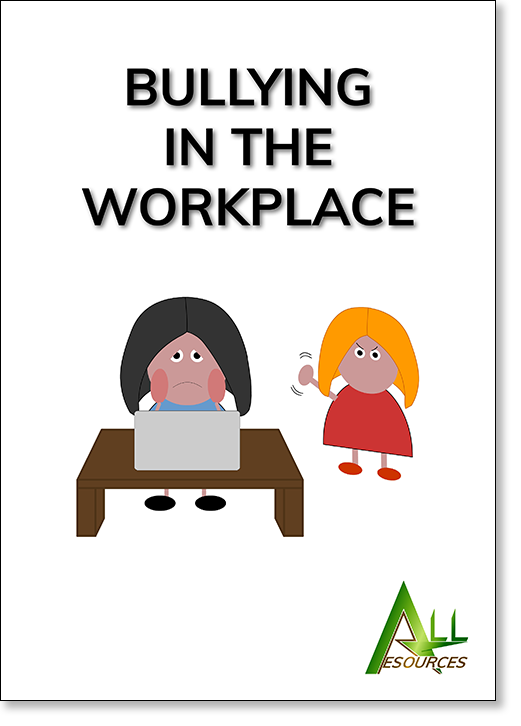
In our latest blog series for Anti-Bullying Week 2023, we are looking at the different roles involved in bullying. Obviously, when we think of bullying, the first person that springs to mind is the bully. It is therefore important to find out why people bully, and how bullying can be prevented.
What is Bullying?
Before examining why people bully, it is useful to establish the meaning of the term ‘bullying’. One definition of bullying is: “A regular form of deliberate behaviour that causes the target physical or emotional distress and can be carried out by an individual or a group over a period of time”. There is usually an imbalance of power in favour of the bully in all cases of bullying. Bullying can be verbal or physical and also takes place online, as in the case of cyberbullying.
What is a Bully?
Looking at the above definition, it is clear that a bully is someone who seeks to intimidate or threaten others, especially those the bully regards as weak or vulnerable. There is no such thing as a typical bully. Some bullies are confident people who use aggression to get their own way while others have low self-esteem and bully others out of frustration. So, what are some of the reasons why people bully others?
Reasons for Bullying
There are a variety of reasons why people bully including:
- Insecurity — bullies may feel insecure about themselves and jealous of their target — bullies sometimes have low self-esteem and bullying others makes them feel superior.
- Home life — some bullies have a difficult family life and may face violence and rejection at home.
- Relationship issues — bullies often have difficulties forming meaningful relationships.
- Personal control — most bullies need to feel in control. They may feel they have little control over their lives and desire to have control over others at school or work.
- Violence — bullies usually have positive feelings about violence and power. They may have been exposed to violence at a young age, through violent films and music.
Consequences of Bullying
Once bullying has been reported, there must be consequences as dictated by the organisation’s anti-bullying policy that should be in place. These will depend on the age of the bully, the severity of the bullying and the impact on the target and others involved. Some form of discipline will usually be necessary which may include loss of privileges.
Whatever the reason and underlying causes, and regardless of where it takes place, bullying is unacceptable and must never be tolerated. As the theme of ABW2023 states, it is important to ‘make a noise about bullying’ by ensuring all bullying incidences are reported and dealt with as soon as possible.
Bullying Resources

Bullying — A Complete Approach
Contains hints and tips for teachers, parents and young people to enable them to identify and tackle bullying.
- Age range: 12 years and upwards
- Category: Schools
- Last revised: 2022
- Pages: 94
- Illustrated throughout
Hard copy: £35.99 add to basket

Bullying in the Workplace
This pack provides guidance for companies on tackling workplace bullying, supporting the targets of bullying and ensuring the wellbeing of staff.
- Focus: Anti-bullying policies for businesses
- Category: Businesses
- Last revised: 2022
- Pages: 50
- Illustrated throughout
Hard copy: £25.99 add to basket


